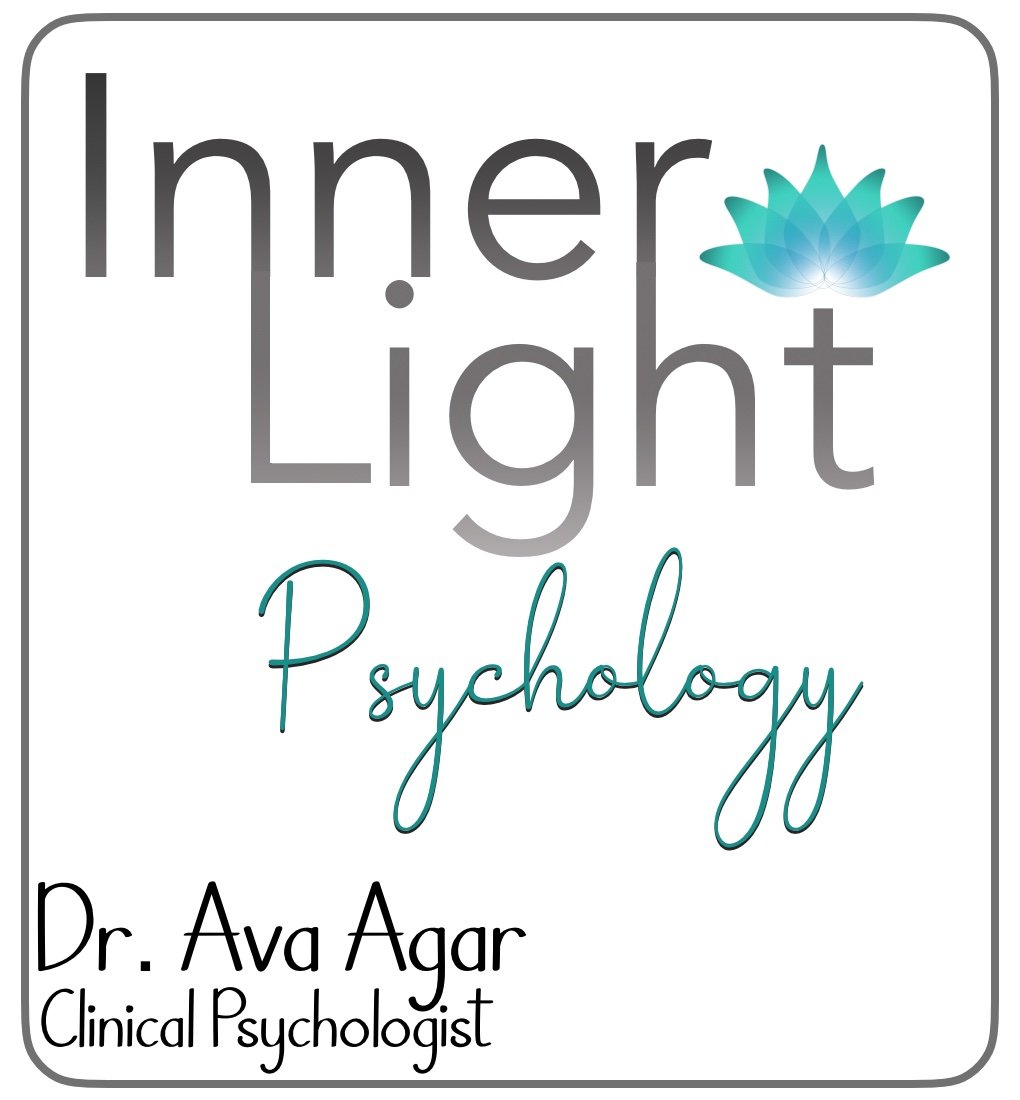A good connection with your psychologist can be one of the most important factors in how much you benefit from therapy. Here is a little about me to help you get a sense of whether you might want to work together.
Personal
I try to align my behaviours with my beliefs. Work-life balance is my self-care, and prioritizing time with those who are closest to me is important. I have a lot of social roles, including mother, spouse, friend, and sister (to name a few) and enjoy a range of activities, including reading, painting, and time outdoors/in nature. I have three kittens with boundless energy and two children who manage to wear them out.
I was raised in a small town in British Columbia. I migrated to Saskatchewan for my doctoral training and moved to Ontario for my clinical residency year. I have called Ontario home for the last decade.
My Approach
Perhaps now more than ever, life can feel busy and overwhelming. In an increasingly connected world, counterintuitively we can feel so much more alone in our struggles.
I want to help support you as you navigate through the process of improving your mental health. Together, we will do the tough work of exploring your experiences, emotions, thoughts, and actions, and I will work with you to build self-compassion, self-acceptance, and your sense of competence, connectedness, and autonomy.
I am a warm, respectful, and empathic person, providing a mixture of reflective listening, validation, questions, and goal-directed strategizing and guidance. While working with your strengths, we will build new skills to make the changes you seek. Throughout this process together, we will keep your short- and long-term goals always foremost in mind.
My approach is collaborative and nonjudgmental. I hold positive regard for my clients. I subscribe to the concept of dialectical beliefs—that two things, that may initially seem opposing or contradictory, can be simultaneously true: We can (learn to) accept ourselves where we are at and accept our struggles as valid experiences and we can make positive changes to reduce future struggles. I firmly believe we are doing the best we can with the skills we have and we can learn new skills to help us feel better moving forward.
I aim to provide you with a place where you can feel understood, to offer an objective sounding board, to give you a range of strategies, and to ask you (hopefully) thought-provoking questions to help you examine your experiences from a different light and affect the change you are seeking. While I would like to think an hour talking together will substantially impact your life, the biggest changes come from applying what we discuss in sessions to your life. We will use practical strategies, and I will check in on your progress—problem solving with you whenever you feel stuck and celebrating your successes along the way. My personal goal is to provide my clients with the skills, and the confidence to apply them, to maintain their wellbeing moving forward.
My therapy approach primarily fits within the framework of CBT, and I borrow from other empirically-supported therapy approaches (MBCT, DBT, ACT, etc.) as needed. I am guided in how I view people’s experiences, characteristics, and needs through additional theoretical lenses, such as social (cognitive) learning and self-determination theory. I see myself as a scientist-practitioner who is a life-long learner. While there is an art to aspects of therapy and assessment, my work with clients is continually guided by research and the ever-growing body of scientific knowledge in psychology (and other relevant areas of study). If we work together, I am happy to give guidance with other resources (books, articles, websites) for your own further exploration and understanding.
I look forward to working with you.
Credentials
I am a doctoral-level clinical psychologist registered for autonomous practice with adults and adolescents with the College of Psychologists of Ontario. My services qualify under private insurance as services provided by a psychologist.
Clinical Experience
I have been employed in clinical roles since finishing my doctoral residency in 2014.
I have worked with a variety of clients, including young adult clients entering or currently enrolled in post-secondary studies, working professionals, and adolescents (15+ year olds) in a range of settings (i.e., private practice, university mental health services, outpatient and inpatient health, & long-term care). I have experience with clients struggling with depression, generalized anxiety, social anxiety, phobias (e.g., vomiting), trauma, OCD, and/or ADHD or executive dysfunction.
Previously—in addition to providing individual and anxiety group therapies—I coordinated all, and conducted the majority of, psychological assessments provided at the University of Waterloo through their counselling services department.
Education
Ph.D. in Psychology (2018) - University of Saskatchewan (CPA accredited clinical program)
Master of Arts in Psychology with a forensic focus (2010) - University of British Columbia
Bachelor of Arts in Psychology (honours) and English (2007) - University of British Columbia’
Research
I am not currently conducting research. My research experience over the years has been varied, literally ranging from birth to death (and much in between), including reproduction/(in)fertility, career and family decision-making, intimate relationships and family structure, homicide, deception detection, sexual violence, and psychopathy.
I have a particular interest in a range of topics falling under the umbrella of sexuality, reproduction, and gender identity, and I have taught in this area at the post-secondary level.
Affiliations
I am a member of the Canadian Psychological Association, the Ontario Psychological Association, an occasional peer reviewer for a fertility journal, and an adjunct clinical psychology faculty member supervising graduate students in clinical psychology at the University of Waterloo’s Centre for Mental Health Research and Treatment (CMHRT).
I also provide psycho-educational assessment services (focusing on cognitive, memory, learning, and executive functioning concerns, such as ADHD and/or learning disorders) through Waterloo Psychology Group, a private practice clinic in uptown Waterloo, which is full of incredible mental health professionals. Additionally, I provide consultation services for other mental health practitioners.
Why See a Psychologist?
There are many types of mental health professionals, and it can be hard to figure out who to see for what difficulties. There is no easy answer and much of the benefit of therapy depends on how connected you feel to your mental health clinician. Here is a brief overview of what is unique to psychologists:
Education: Most psychologists have completed several years of graduate studies to meet specific standards for breadth and depth of knowledge. To obtain a doctorate in clinical psychology, most psychologists also complete independent research, several clinical practicum placements, and a one-year clinical residency.
Diagnosis: Psychologists (and psychological associates) are one of the few professionals (along with physicians and psychiatrists) who are legally permitted to diagnose mental health conditions.
Regulation of Services: A clinical psychologist belongs to a regulatory body that ensures a high level of professional/clinical training and graduate-level educational standards have been met. The regulatory college also ensures a psychologist’s services are delivered ethically and competently. Various other mental health professionals can provide services that are very helpful to their clients. However, they are not required to demonstrate the same intensive and lengthy training and education and/or they do not have a similarly high level of oversight from their regulatory college with respect to the provision of their services.

